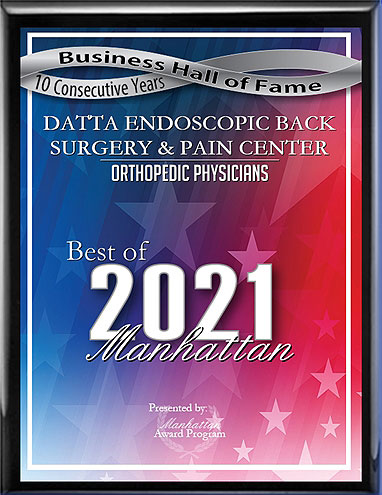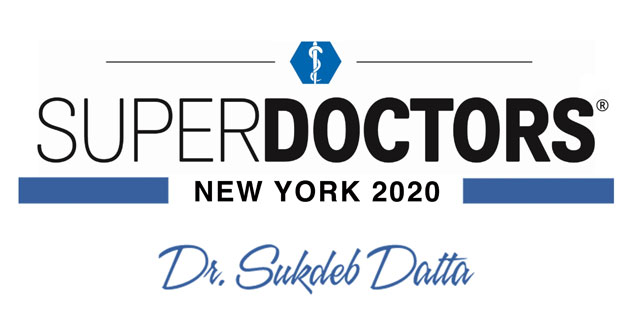Disc decompression is used to treat chronic back pain resulting from problems with the intervertebral discs, such as a bulging disc. Disc problems can cause symptoms that dramatically affect your quality of life, but fortunately they can be treated effectively with both non-surgical and surgical treatments. There does not necessarily need to be a hospital stay for disc decompression, depending on what type of procedure is used.
About Disc Problems
Issues with the spine's discs are common. Certain populations are at an especially high risk. For example, the discs lose fluid with age, leaving them more prone to injury. Obesity and pregnancy put extra weight on the spine, which puts one at a higher risk for issues. People who play certain sports or have physically strenuous jobs are also at a higher risk, especially if improper form is used. However, anyone can develop a disc condition regardless of whether or not they have other risk factors.
The two most common issues with the discs are a bulging disc and a herniated disc. With a bulging disc, the disc becomes misshapen but is still intact. With a herniated disc, the outer portion of the disc actually ruptures, and the inner portion herniates out. Both conditions can cause compression of the spinal cord and nerve roots.
Sometimes, disc problems respond well to non-surgical methods. Conservative forms of treatment aim at reducing inflammation in the area; strengthening the muscles that support the spine; and improving the spine's alignment. In the long run, your doctor may recommend lifestyle changes.
Disc Decompression
When modern, minimally invasive procedures are used for treatment, there is normally no hospital stay for disc decompression. Instead, the procedure is performed on an outpatient basis using only local anesthesia. During the procedure, a radiofrequency probe, a laser probe, or a needle is inserted into the disc. It is then used to dissolve or remove the appropriate amount of disc material, so that the bulge or herniation is fixed.
It's important to be educated about your spine condition and the potential treatments for it. However, only your doctor can tell you what type of treatment is best for your back pain, based on your condition, your symptoms, and how you've responded to past treatments.
To schedule a consultation about whether disc decompression is right for you, please click below and enter your information or call the Datta Endoscopic Back Surgery and Pain Center at (646) 374-1799.






 EDISCSCULPT
EDISCSCULPT



